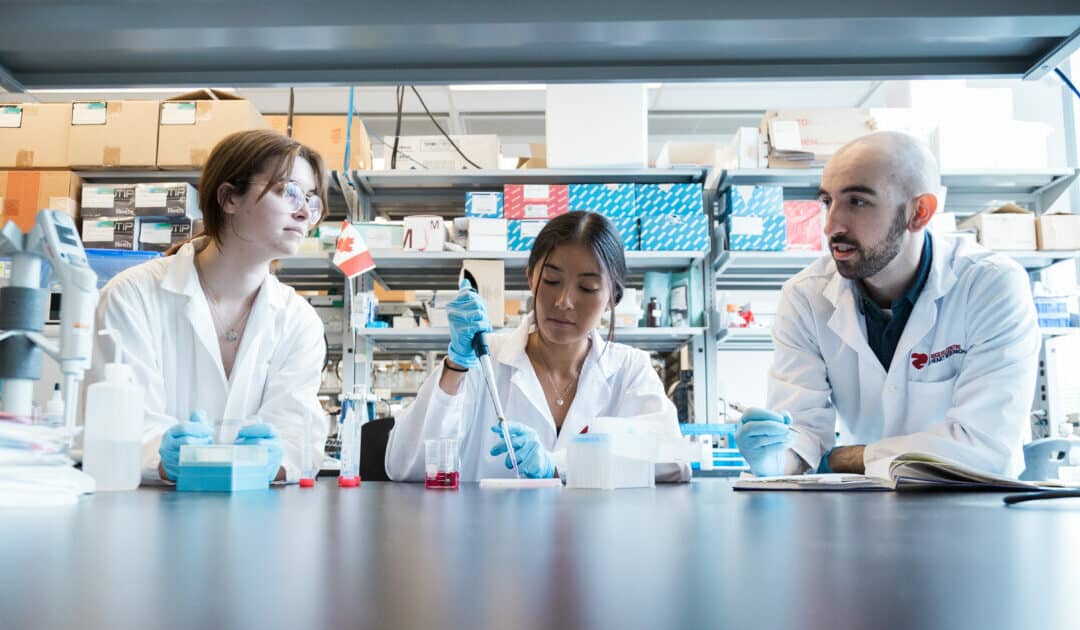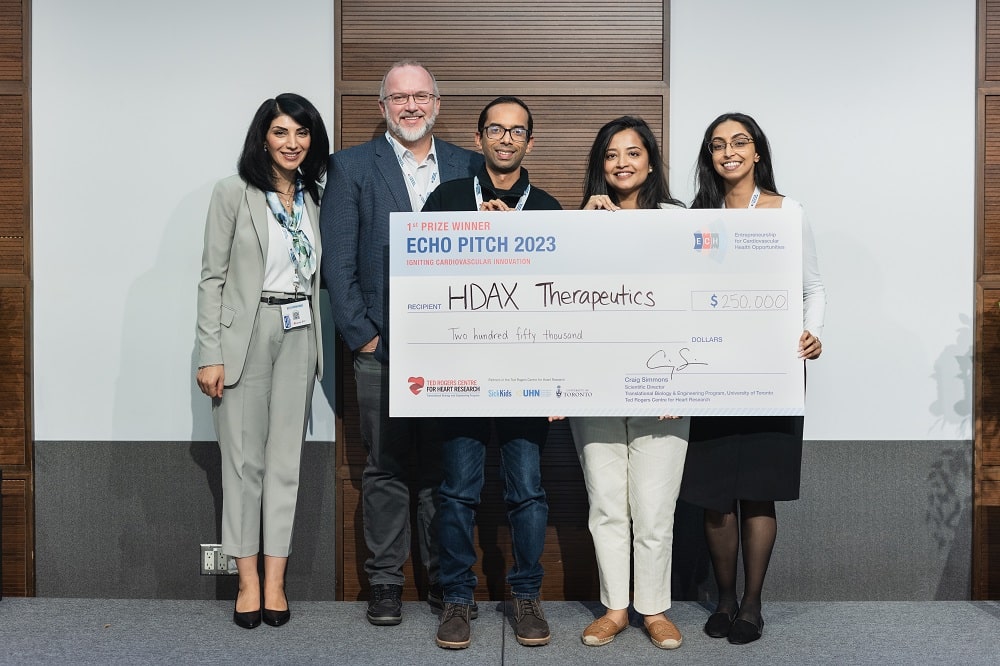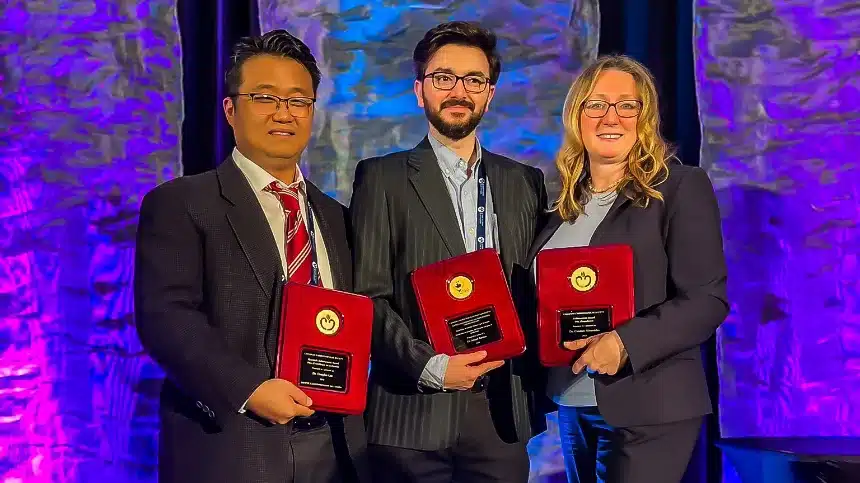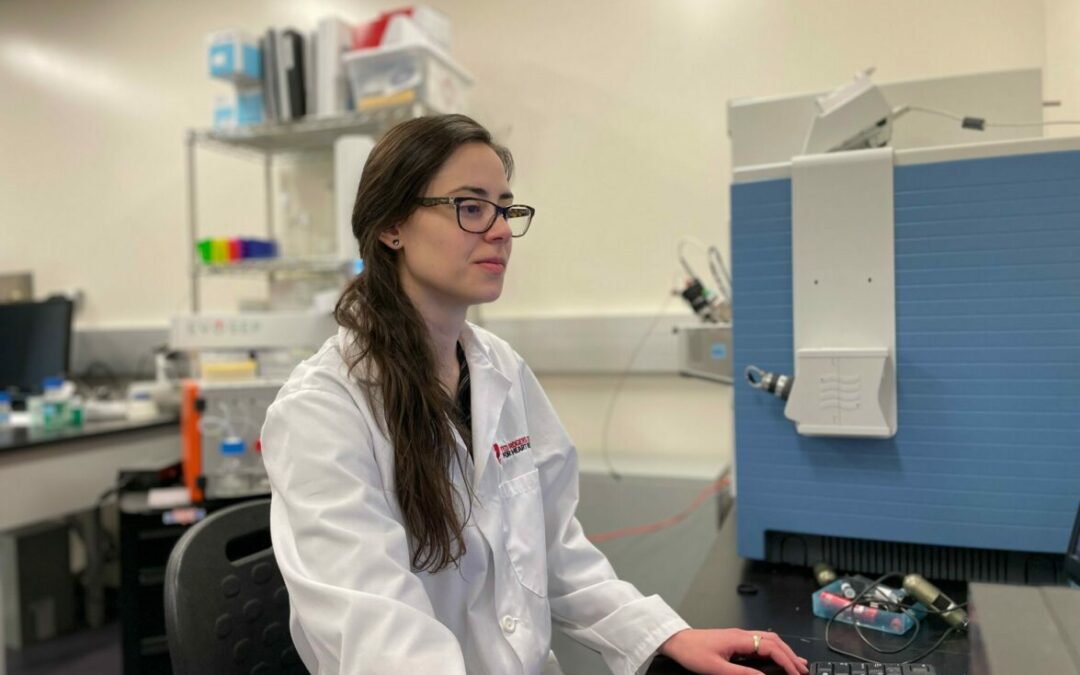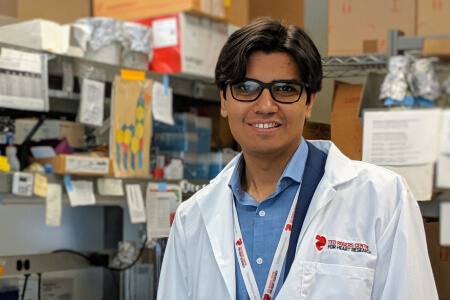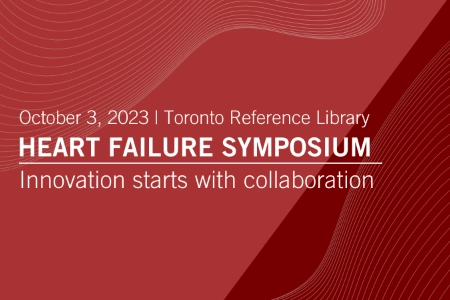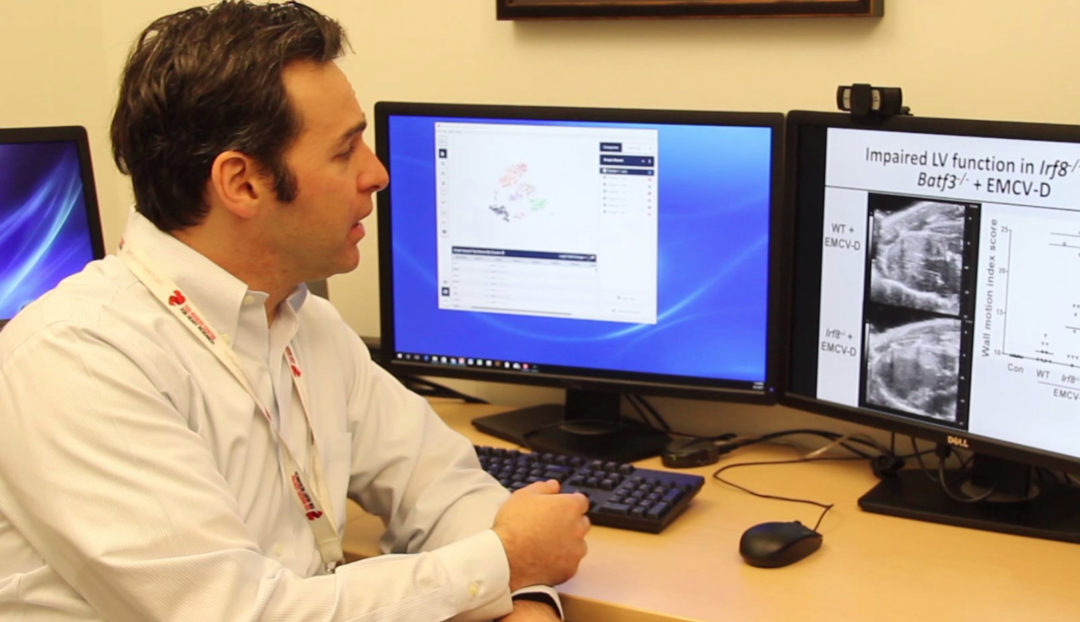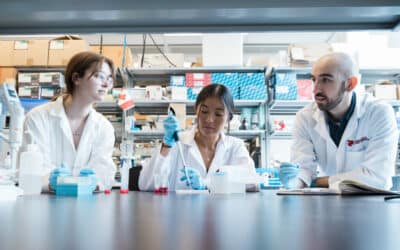The Ted Rogers Centre for Heart Research today announces that Dr. Slava Epelman has accepted the brand new role of Loretta Rogers Chair in Immunobioengineering. The Toronto clinician-scientist, a world expert in how immunology affects heart health, is tasked with translating new discoveries into strategies to stop heart failure and promote the regeneration of heart tissue.
“This is a one-of-a-kind opportunity to take on a unique, significant clinical problem alongside a diverse team of basic scientists and physicians at the Ted Rogers Centre,” says Dr. Epelman, assistant professor of medicine at the University of Toronto, cardiologist and immunologist at the Peter Munk Cardiac Centre, and scientist at the Toronto General Hospital Research Institute.
“Stem cell technology is already at the clinical trial phase here in Toronto. The chance to add specific immune cells in a bid to heal a damaged heart has huge, near-term potential in regenerative medicine.”
An Emerging, Important Field
Immunology has long been a field focused on how the human body defends against invading organisms. Only this decade have we started studying how the immune system helps the body heal after an injury – such as a heart attack.
The Epelman lab focuses on how the immune system contributes to damage after such an injury to the heart – and its potential in repairing that damage. To that end, the group has defined and tracked each individual immune cell subset that is active in the heart following tissue injury. One major area of focus is a particular line of primitive cardiac macrophages that help promote cardiac regeneration before we are born – and how to exploit this ability to promote repair or regeneration after an adult suffers an injury such as a heart attack.
Immunobioengineering expands to include scientists and engineers building new cells and materials grown outside the body that could be implanted in patients. Amidst this meteoric rise of stem cell research, the immune system has yet to be well incorporated. Since immune cells foster communication, growth and development, they are prime candidates to help the body accept the new material as its own, and use it to heal.
“When technology tries to regenerate cardiac tissue, sometimes the cell type doesn’t last or there is a problem integrating the transplanted cells into a heart,” Dr. Epelman says. “Involving immune cells in this process can help prevent the loss of cells while making the right connections in the heart. The right immune cells open a new avenue toward the successful stem cell-based therapy for heart patients.”
This is the second chair appointed at the Ted Rogers Centre for Heart Research, a Toronto-based collaboration set on revolutionizing the way we treat and prevent heart failure – a global epidemic.




